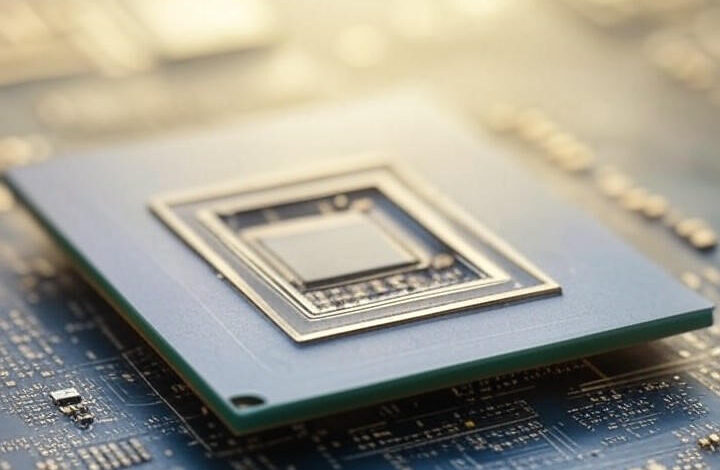Senators Urge Trump to Block AI Chip Sales to China Amid Tensions

URGENT UPDATE: A bipartisan group of U.S. senators has just introduced a resolution demanding that President Donald Trump uphold stringent bans on advanced AI chip sales to China. This critical move, announced on August 15, 2025, comes amid escalating concerns over national security and the potential empowerment of China’s military through access to cutting-edge technology.
The resolution specifically targets companies like Nvidia and AMD, calling for immediate action to prevent the export of high-performance AI semiconductors. As tensions between the U.S. and China escalate, the senators’ push highlights fears that relaxing export controls could significantly bolster China’s growing technological capabilities.
Recent reports reveal that the Trump administration has been moving toward easing restrictions, which has raised alarms among lawmakers. In an official letter, senators including Mark R. Warner and Chuck Schumer warn that any deals permitting these chip sales could undermine U.S. national security interests. The letter states that such transactions “run counter to U.S. national security interests” and may even violate existing laws.
The urgency of this matter cannot be overstated. Just one day after the senators’ letter was released, reports surfaced indicating Trump’s consideration of limited exports to China, a move that critics argue could compromise U.S. technological leadership and security. The Senate Commerce Committee has ramped up scrutiny on AI competition with China, emphasizing the need for robust regulatory measures.
In a hearing held on September 10, 2025, the committee discussed the implications of China’s latest AI model, DeepSeek, which has alarmed U.S. lawmakers and industry leaders alike. As part of a broader strategy, the Trump administration is pushing to maintain America’s dominance in AI technology, but critics fear that this deregulatory approach could jeopardize national security.
Industry insiders are closely watching these developments, as the resolution could have a profound impact on the global strategies of tech giants like Nvidia and AMD. The ongoing debate reflects a pivotal moment in defining the boundaries of U.S. AI exports and could reshape the tech landscape significantly.
As the situation unfolds, all eyes will be on Congress. The resolution’s call for action may lead to further legislative initiatives aimed at safeguarding U.S. technological advancements, with proposals for bans on Chinese AI in federal systems gaining traction.
WHAT’S NEXT: The House of Representatives is expected to consider similar measures soon, and leaders like Rep. Moolenaar are already introducing bills to ensure U.S. leadership in AI remains unchallenged. This multifaceted debate is not just about technology; it’s about national security, innovation, and the future of global AI competition.
The stakes are high, and as lawmakers push back against easing export controls, the potential ramifications for U.S.-China relations and the future of technology are immense. The resolution underscores the urgency of protecting American interests in a rapidly evolving global landscape. As this story develops, it will be crucial to monitor how these legislative efforts will shape the future of AI and international relations.






